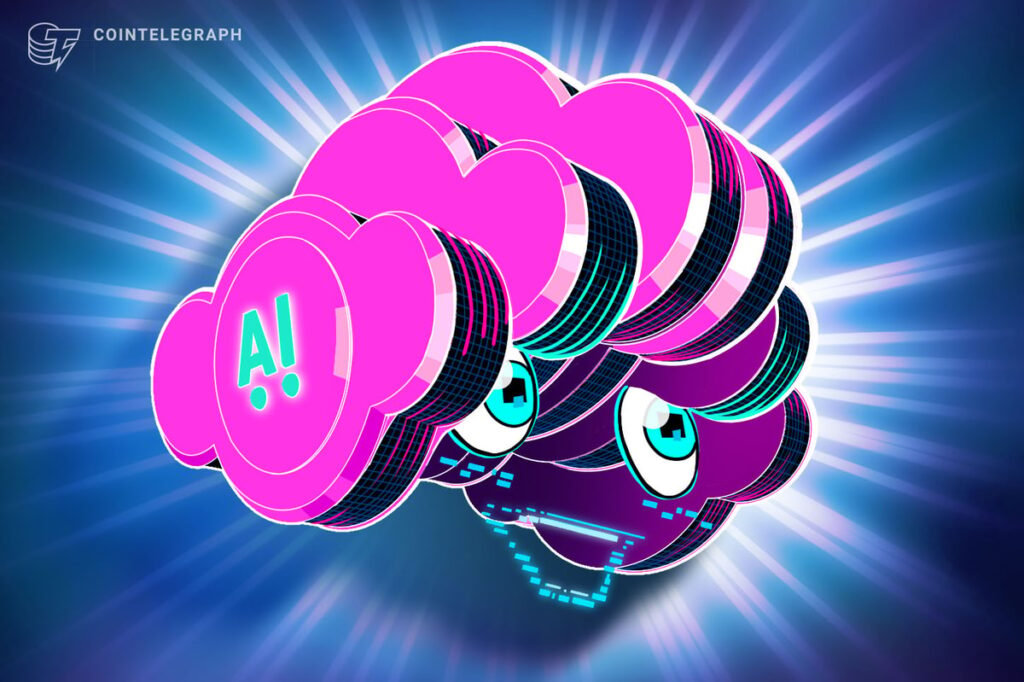Google DeepMind artificial intelligence (AI) has predicted the structure of over two million novel chemical materials, marking a breakthrough in enhancing real-world technologies.
In a scientific paper released in Nature on Wednesday, Nov. 29, the AI company reported that nearly 400,000 of its theoretical material designs may soon undergo laboratory testing. Possible uses for the research include the development of batteries, solar panels and computer chips with enhanced performance.
According to the paper, identifying and creating new materials is often expensive and time-intensive. It took approximately two decades of research before lithium-ion batteries — now widely employed in devices like phones, laptops and electric vehicles — became commercially accessible.
Ekin Dogus Cubuk, a research scientist at DeepMind, expressed optimism that advancements in experimentation, autonomous synthesis and machine learning models could substantially reduce the lengthy 10 to 20-year timeline for material discovery and synthesis.
The paper reveals that the AI developed by DeepMind underwent training using data from the Materials Project, an international research consortium established at the Lawrence Berkeley National Laboratory in 2011. The data set comprised information on approximately 50,000 preexisting materials.
Related: 12 days of unemployment later, Sam Altman is officially back at OpenAI
The organization expressed its intention to distribute its data to the research community, aiming to expedite additional advancements in the field of material discovery. However, Kristin Persson, director of the Materials Project, said in the paper that the industry is cautious about cost increases, and new materials often take time to become cost-effective. According to Persson, shrinking this timeline would be the ultimate breakthrough.
After employing AI to forecast the stability of these novel materials, DeepMind has shifted its attention to predicting their synthesizability in laboratory conditions.
Magazine: Real AI use cases in crypto, No. 3: Smart contract audits & cybersecurity
Read the full article here

